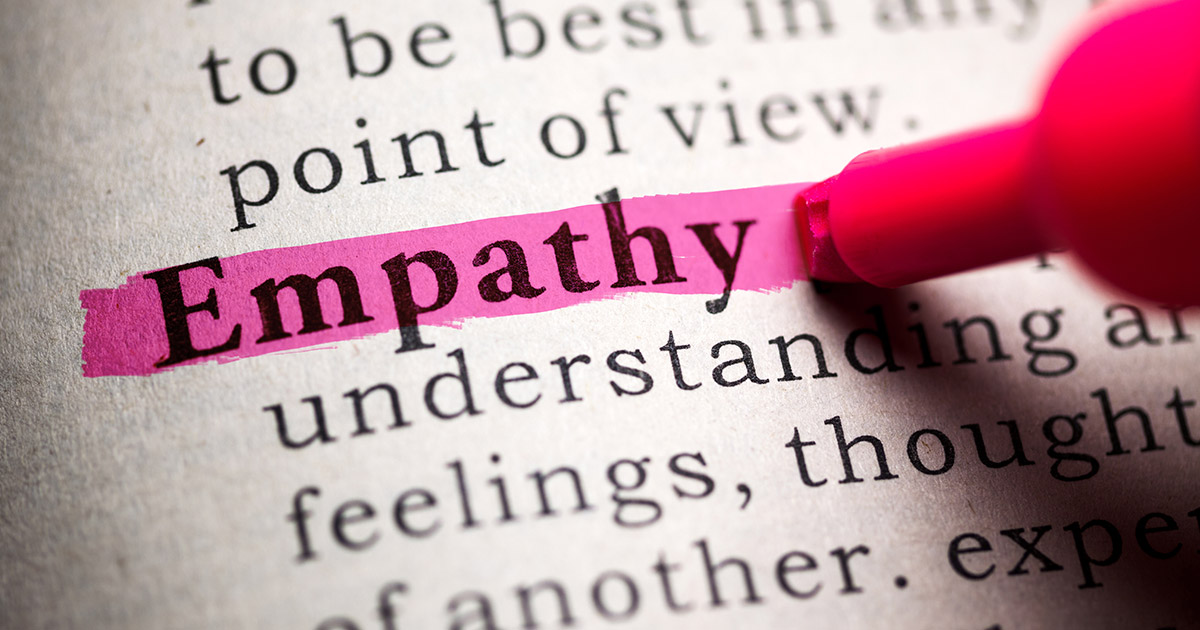As insurance claims professionals, we deal with a variety of sensitive and challenging situations every day. Our job is to help claimants deal with losses that can be traumatic for them, while also coordinating between parties in highly charged circumstances. For this reason, it’s important that we approach every case with empathy and understanding.
An empathetic approach can make all the difference in the insurance claims process. It can create a culture of support and help claimants feel heard and understood, even during difficult times. In this blog post, we’ll explore why empathy is so important in the insurance claims industry and how it can be incorporated into all aspects of the claims process.
1. Building Rapport with Claimants
One of the most important ways to show empathy in the insurance claims industry is to build rapport with claimants. By taking the time to listen to their concerns, questions and feelings, we can create a more supportive and understanding environment. This includes not only listening to them but also acknowledging their feelings and responding with understanding and care.
Part of building rapport is also taking into account the individual’s unique situation. Understanding each claimant’s circumstance and history can help create a better solution that more accurately meets their needs. Being able to see things from their perspective can make all the difference.
2. Efficient Communication
Taking the time to communicate efficiently is another way to show empathy in the insurance claims industry. Ensuring that information is clearly communicated to claimants and is given to them in a timely manner can go a long way in minimizing anxiety and frustration. Claimants appreciate timely updates regarding their claim, which shows them that their situation is important.
3. Empowering the Claimant
Empowering the claimant to make choices, such as who they would like to work with or what service providers they would like to use, can create a sense of ownership in their claims process. Allowing them to have a say in their case can help give them a feeling of control over the situation, which helps lessen their anxiety.
4. Demonstrating Cultural Sensitivity
Insurance claims professionals must deal with people from diverse cultures and backgrounds. By demonstrating cultural sensitivity, we show respect to the claimant and their traditions. This can include being aware of differences in communication styles, using language that is inclusive, and showing respect for customs and traditions. Doing so can improve the process for both parties and help avoid potential misunderstandings.
5. Respecting Personal Boundaries
Finally, it’s important to respect claimants’ personal boundaries. We must hold ourselves to the highest ethical standards and maintain professional boundaries when dealing with claimants. Respecting privacy and confidentiality is an essential aspect of an empathetic approach. We want to work with the claimant and help them through their difficult time, but not at the cost of their privacy.
Insurance claims professionals have a unique job dealing with challenging and sensitive situations. An empathetic approach can make all the difference in supporting claimants through every step of the claims process. Empathy shows claimants that they are heard, valued, and respected. Creating a culture of understanding and support is essential in order to ensure that every claimant is treated with the respect and care they deserve.
Through building rapport, efficient communication, empowering the claimant, demonstrating cultural sensitivity, and respecting personal boundaries we can create this empathetic culture, allowing everyone involved in the claims process to feel supported and valued.

